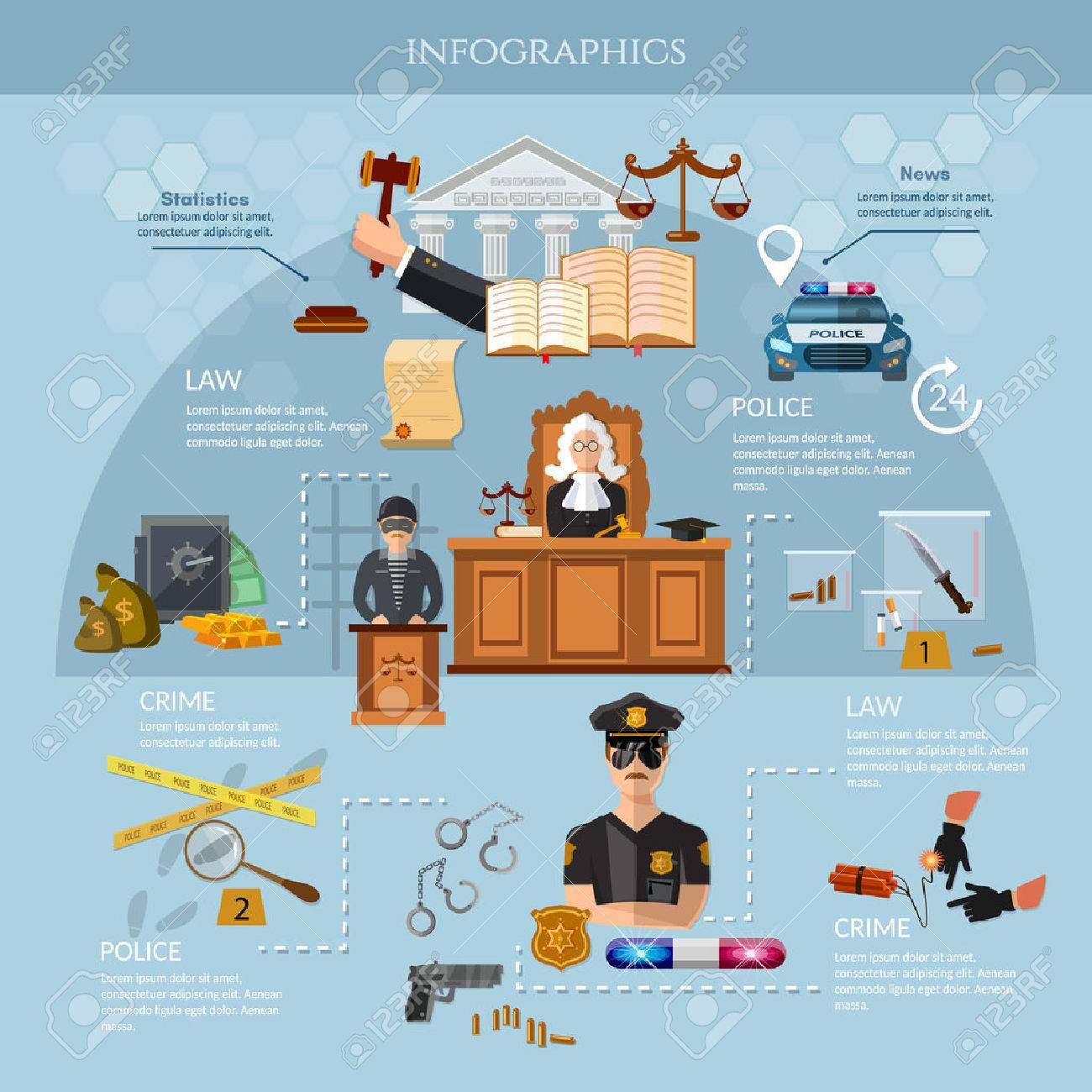The Duty Of Proof In Criminal Defense: Secret Truths You Ought To Know
The Duty Of Proof In Criminal Defense: Secret Truths You Ought To Know
Blog Article
Developed By-Wrenn McCormack
When you think of criminal protection, evidence is frequently the first thing that comes to mind, and forever factor. It's the structure whereupon your instance stands, forming the story and affecting the court's understanding. Different sorts of proof, from physical to electronic, each play a distinct role in establishing a defense. However not all evidence is treated similarly; admissibility standards can make or break your protection strategy. Comprehending these subtleties is critical, especially when considering how they can affect the end result of a test. So, what should you understand about these standards?
Sorts of Proof
When it comes to criminal defense, comprehending the types of evidence can make all the difference in your instance. Evidence falls into a number of classifications, each playing a crucial function in developing the facts of your situation.
One usual kind is testimonial proof, that includes declarations made by witnesses. Their accounts can give understanding into what took place and can either support or challenge the prosecution's cases.
Physical proof is one more essential kind, including tangible products like tools, clothes, or finger prints. This sort of proof can straight link you to a criminal activity or aid negate accusations against you.
Then there's documentary proof, that includes records, photographs, or any type of written materials significant to your situation. These records can offer a timeline or context that's necessary for your protection.
Last but not least, you can not neglect electronic proof, that includes information from smartphones, computers, or social media sites. This kind of proof can expose critical details concerning your tasks or interactions.
Admissibility Criteria
In criminal protection, the admissibility of proof is crucial to your case's end result. You'll need to recognize the standards that identify whether proof can be used in court. Typically, proof should matter, dependable, and acquired lawfully to be taken into consideration admissible.
Relevance suggests the evidence needs to straight connect to the instance and aid confirm or refute a reality at issue. If it doesn't connect to your defense or the fees against you, it may be excluded.
read page makes certain that the proof is reliable and trustworthy; for instance, eyewitness testimony can be brought into question if the witness has a background of undependable accounts.
Furthermore, evidence needs to be collected in accordance with legal procedures. Any type of evidence acquired through unlawful means, such as an unlawful search or seizure, may be deemed inadmissible under the exclusionary policy.
Comprehending simply click the up coming post can empower you to function properly with your attorney. They'll browse the intricacies of these guidelines to reinforce your defense, guaranteeing only the most effective evidence exists in your support.
Always remember, the admissibility of evidence can considerably affect the jury's understanding of your case.
Impact on Protection Approaches
The admissibility of proof straight shapes your protection approaches. When proof is deemed admissible, you can use it to construct a solid case. On the other hand, if proof is ruled inadmissible, you need to pivot your approach. Recognizing what evidence the prosecution can offer assists you anticipate their debates and prepares you to counter them successfully.
You'll wish to concentrate on celebration proof that supports your protection. This could consist of witness statements, expert testimony, or records that difficulty the prosecution's cases. The goal is to create reasonable question psychological of the jurors. If certain items of proof are weak or controversial, you may think about a strategy that stresses other solid aspects of your instance.
Moreover, click here for info of proof-- whether it's forensic, testimonial, or electronic-- will dictate how you connect your protection. You'll need to craft engaging narratives that resonate with the court while making use of admissible proof to support your claims.
Ultimately, your approach must be flexible, allowing you to adapt as brand-new evidence comes to light or as judgments are made. Each choice you make ought to line up with the objective of making certain the most effective possible outcome for your situation.
Verdict
In criminal protection, evidence plays a pivotal function in shaping your instance. By comprehending the different types of evidence and their admissibility criteria, you can strengthen your protection strategy and develop affordable question psychological of jurors. Collaborating carefully with your lawful advise makes certain that your evidence exists efficiently and adapts to any type of new developments throughout the test. Eventually, the best proof can make all the difference in achieving a beneficial outcome.
